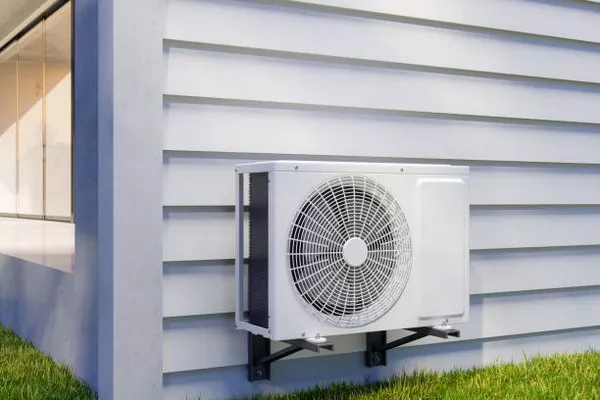Investing in an air compressor is a crucial decision for both professional craftsmen and DIY enthusiasts alike. With a myriad of options available in the market, selecting the right air compressor can be a daunting task. Factors such as power, capacity, and intended use must be carefully considered to ensure optimal performance and longevity. In this article, we will guide you through the key considerations that will help you make an informed decision when choosing the right air compressor for your specific needs.
Identify Your Needs:
Before delving into the technical specifications, it’s essential to clearly identify your needs and the type of work you will be undertaking. Different tasks require different levels of air pressure and volume. For instance, if you’re using pneumatic tools with high air consumption, such as sanders or paint sprayers, you’ll need a compressor with a higher CFM (cubic feet per minute) rating. On the other hand, smaller tasks like inflating tires or running nail guns may require a more compact and portable unit.
Consider the Power Source:
Air compressors are powered by either electricity or gasoline, each having its advantages and limitations. Electric compressors are suitable for indoor use, as they produce fewer fumes and are generally quieter. They are also more convenient for regular maintenance. Gasoline-powered compressors, however, offer greater portability, making them ideal for outdoor and remote worksites. The choice between the two depends on your specific requirements and the availability of a power source.
Understand the Types of Air Compressors:
There are three main types of air compressors: reciprocating, rotary screw, and centrifugal. Each type has its own set of advantages and is designed for specific applications.
Reciprocating compressors: These are the most common and versatile type, suitable for both small-scale tasks and heavy-duty applications. They use pistons to compress air and are available in both single-stage and two-stage configurations.
Rotary screw compressors: Known for their continuous operation and efficiency, rotary screw compressors are suitable for industrial applications with a constant demand for compressed air. They use twin screws to compress air and are known for their reliability and lower maintenance requirements.
Centrifugal compressors: Typically reserved for large industrial settings, centrifugal compressors are designed for high-volume, high-pressure applications. They operate at higher speeds and are more complex, making them suitable for specialized industries.
Assess Tank Size:
The tank size of an air compressor determines its ability to store compressed air, providing a reserve for peak demand situations. For tasks requiring constant airflow, a larger tank may be beneficial to maintain steady pressure. However, for intermittent use or portable applications, a smaller tank may be more practical. Consider the balance between tank size and portability to meet the demands of your specific projects.
Evaluate CFM and PSI Ratings:
CFM (cubic feet per minute) and PSI (pounds per square inch) are crucial specifications to consider when choosing an air compressor. CFM indicates the volume of air the compressor can deliver, while PSI measures the pressure at which the air is delivered. Matching the compressor’s CFM and PSI ratings to the requirements of your pneumatic tools ensures efficient and effective operation. It’s essential to choose a compressor that meets or exceeds the needs of your tools to avoid performance issues.
Noise Level:
The noise level of an air compressor is a significant factor, especially if you plan to use it in a residential or noise-sensitive environment. Electric compressors generally produce less noise than their gasoline-powered counterparts. Look for compressors with lower decibel ratings if noise is a concern for your workspace.
Portability and Mobility:
The portability of an air compressor is crucial, especially if you need to move it around different job sites. Consider the weight, size, and design of the compressor, including the presence of handles and wheels for ease of transportation. Compact and lightweight compressors are ideal for those who prioritize mobility and versatility.
See Also Where Are Trane Compressors Manufactured
Conclusion:
Choosing the right air compressor requires a careful assessment of your specific needs and the demands of your projects. By understanding the key factors such as power source, type of compressor, tank size, CFM and PSI ratings, noise level, and portability, you can make an informed decision that aligns with your requirements. Investing time in researching and selecting the right air compressor will not only enhance the efficiency of your work but also contribute to the longevity and reliability of your pneumatic tools.

